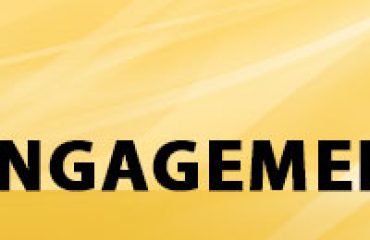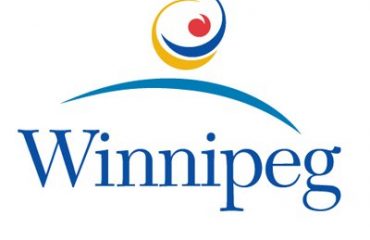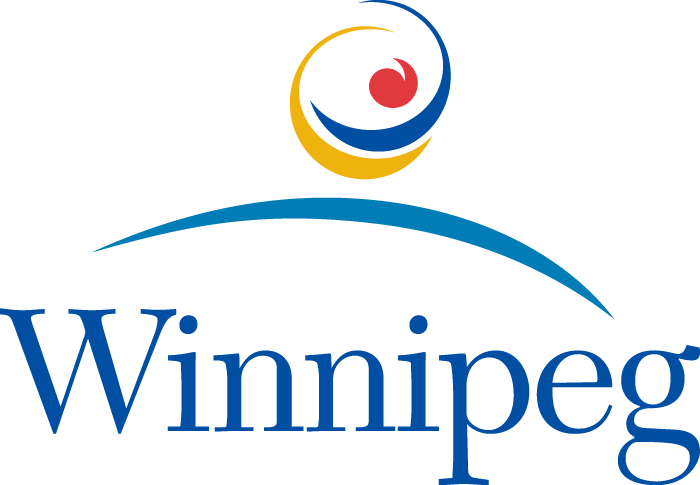
Red areas indicate locations where homes and buildings may have lead water pipes
Winnipeg, MB – The City of Winnipeg is offering free water quality testing for residents who may have lead water pipes, as the Government of Canada has recently reduced the maximum allowable lead level in drinking water to 0.005 mg/L.
Lead is a common, natural metal found throughout the environment. Lead can be harmful if too much of it enters the body. Pregnant women and children are most at risk of the effects of lead.
Most Winnipeggers will not be impacted by the new guidelines for lead in drinking water, as the City’s source water at Shoal Lake has no detectable lead. Orthophosphate, a food-grade phosphoric acid, is also added during the treatment process. It forms a protective coating inside water pipes which helps reduce corrosion that can add lead to the water supply. However, residents who have lead pipes or lead in other parts of their plumbing may have increased levels of lead in their water if the water sits in the pipes.
Starting today, letters will be sent to residents whose properties have been identified as possibly having lead water pipes. Residents who would like to take advantage of the free water quality testing can contact 311. The City will collect a water sample, analyze it, and provide the results to the resident within 30 days.
Please note that the City does not go door-to-door to offer water testing.
Tips for homeowners
Homeowners with lead pipes or connections can reduce lead exposure by following these tips:
- Flush your plumbing system before consuming any water that has been standing in your pipes for more than 6 hours, as standing water can absorb metals from the pipes
- You can flush your system by running your tap for up to 10 minutes, flushing the toilet, taking a shower or starting a load of laundry
- After flushing, fill containers with water and keep them in the fridge for drinking
- Use cold water for cooking and drinking, as hot tap water can absorb trace metals from water pipes
- Consider using home water treatment devices that have the proper certification to reduce or remove lead, such as:
- Water filters with the Health Canada-recommended certification label ANSI/NSF Standard No. 53 for reduction of lead
- Distillation units
- Reverse osmosis units
- Consider replacing the lead pipe that runs from your home up to the shut-off valve (usually at your property line); you are responsible for this part of the water pipe
For more information about lead in drinking water and lead control programs for Winnipeg, visit winnipeg.ca/leadprogram.



